written by Terri McDougal, Head of Children’s Services at Kanawha County Public Library in Charleston, West Virginia
“It is paradoxical that many educators and parents still differentiate between a time for learning and a time for play without seeing the vital connection between them.” -Leo F. Buscaglia
It has been a difficult year for so many people. In my library system, the Kanawha County Public Library in West Virginia, we have not yet resumed in-person programming. Many families are still not visiting our libraries because while adults are vaccinated against COIVD-19, children under the age of 12 are not. We have seen many parents and grandparents visit the library alone to select books and DVDs for their children. With our school system providing a hybrid learning model of at-home and in-person learning due to the global COVID-19 pandemic, families are searching for ways to keep their children engaged and learning.
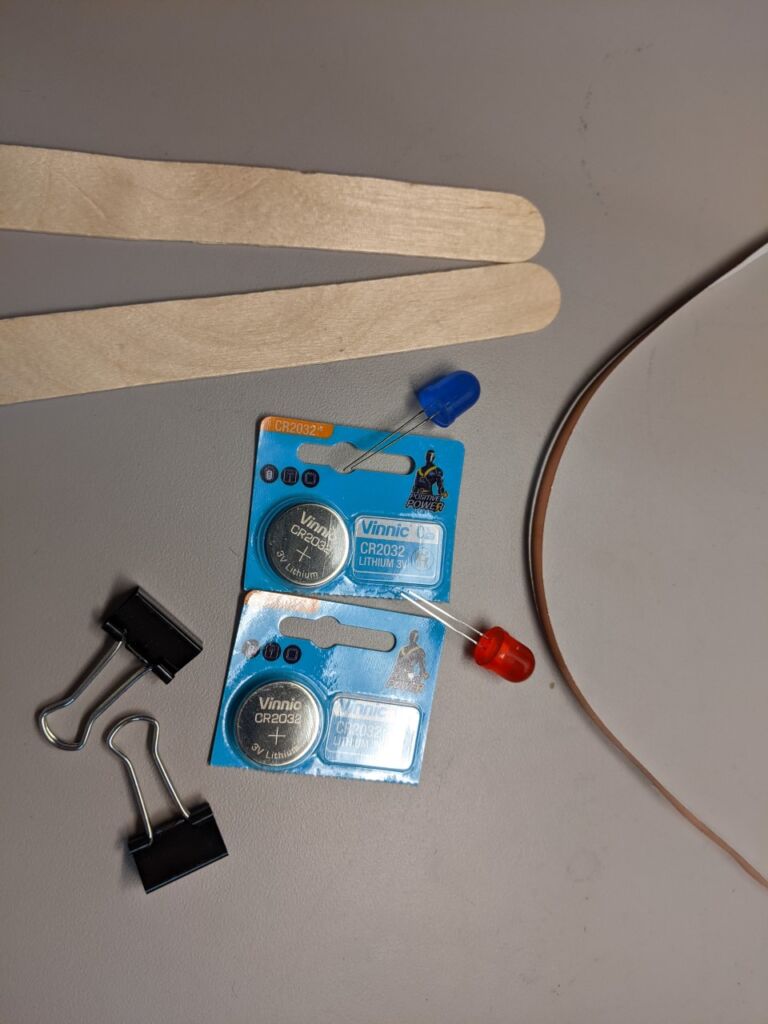
Light Wand Kit
Make & Take craft kits or activity kits have proven to be even more popular than usual with our patrons. Usually following a theme, the kits contain supplies to create a specific craft or activity. Recent kits have included a pine cone bird feeder kit, complete with pine cones, birdseed, shortening, pieces of yarn, instructions for assembling, a bird watching activity, and a related reading list. These are usually assembled by library staff.
In honor of Citizen Science Month and in celebration of NASA’s successful Mars exploration mission, our library system distributed STEM kits we purchased with funds from a grant we received from the STAR Library Network. Our mission was to focus on engineering and on service to underserved populations. Kits purchased were 300 Solar Rover kits, 300 DIY Light Wand kits, and 300 Woodshop Build and Play Project Kits. For three weeks in April, we gave away one type of kit per week, beginning with the Solar Rovers, followed by the Light Wands, and then the Woodshop Build and Play kits.
Our patrons were overjoyed and excited. Because of a news release sent to local media, many people came in specifically to pick up the kits. One longtime patron sent me an email asking what time she should be at her library on the first day of distribution to ensure that she received one for her family! One patron told a staff member at one of our rural library branches that he had learned about these kits on a library Facebook post. A coworker said that seven people came in one day to get the Light Wand kit, resulting in what she thinks was the busiest day in their children’s area since March 2020. Other patrons were not aware of the kits until brought to their attention by library staff. A coworker shared the story of a husband & wife who visited her branch library for the first time & overhearing the couple exclaim that they should bring their children for a visit, she offered them the STEM kits to take home.
At that same library, a grandmother came in asking for a kit because she was finally getting to visit with her family, including grandchildren, out of state. The grandmother specifically asked for a boat from the Woodshop kits because her grandchildren were going to visit the ocean. At one of our more remote libraries, which is a 30-minute drive from the Main Library in Charleston, the librarian shared the story of a little boy who lived in another county but whose babysitter is in her town, who insisted that the librarian come outside to see his finished Solar Rover.
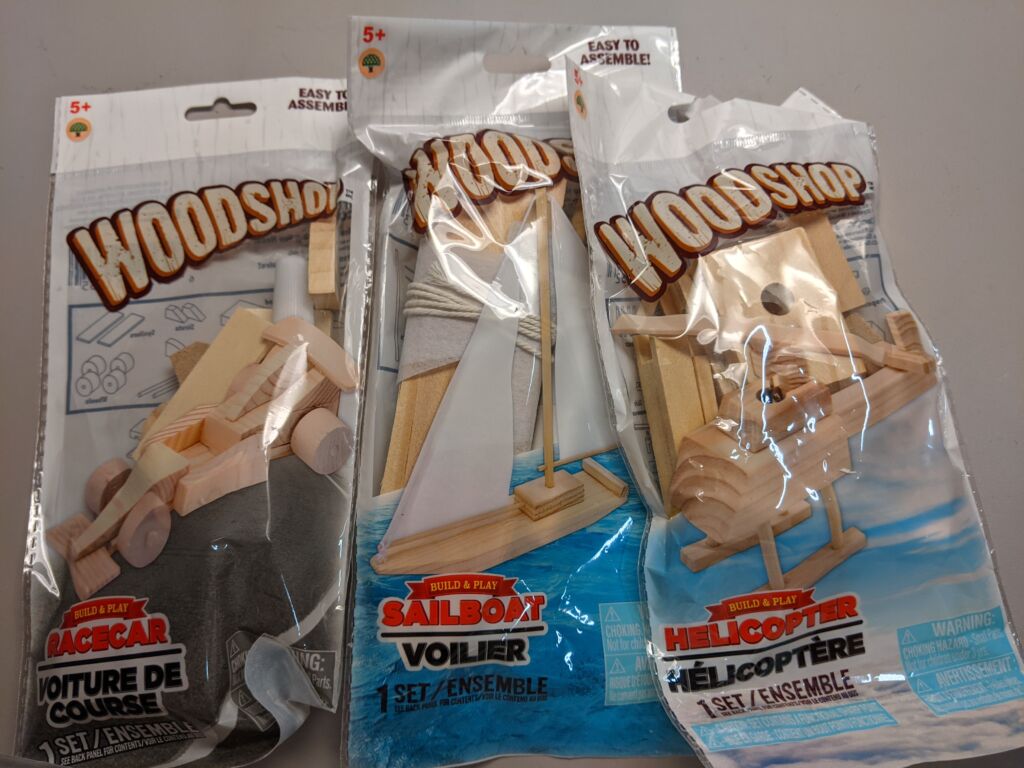
Woodshop Project Kits
At our regional library located in the eastern end of Kanawha County, perhaps the most rural and least developed area of the county, patrons loved the STEM kits. One little boy tested his wood boat to determine if it would float, including how well it did in calm waters versus fast waters. He conducted his experiment by tying s string to the boat and testing it in a nearby creek. He reported that it did not do well in fast water, especially when the sail became wet; however, it floated well in bath water “as long as you stayed calm, no waves allowed.” Another family told of a child who said that the Solar Rover was a “ton of fun” to build and test. He enjoyed showing his finished products to his friends and together they raced the wooden car against the Solar Rover. His mother said that the human power versus solar power provided “hours of entertainment”. (You can watch a video of a Kanwha Co. patron playing with their solar rover here!)
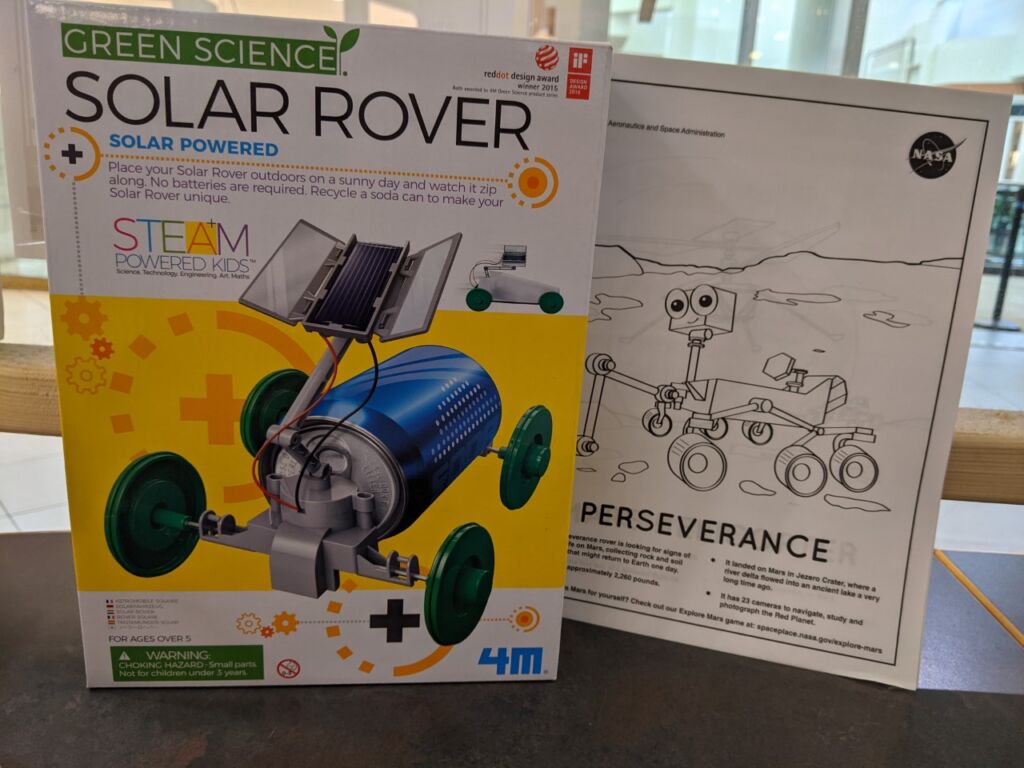
Solar Rover with Perseverance Sheet, distributed by Kanawha County, West Virginia
The truth of Dr. Buscaglia’s quote resonates with me as I recount these anecdotes shared by the patrons who received the STEM kits. Whether assembling a Solar Rover, experimenting with a wooden boat, or receiving the gift of kit a from a grandparent not seen in far too long, the children and families impacted by this project have built more than the physical items in the kits. They have created and played together, building memories that will last them a lifetime.
Terri McDougal
Kanawha County Public Library
Charleston, West Virginia
Interested in learning more about free Project BUILD resources? Head over to the Project BUILD Resources Page and Engineering Program Toolkit for tools, activities, and more to help you facilitate engineering programs at your library.

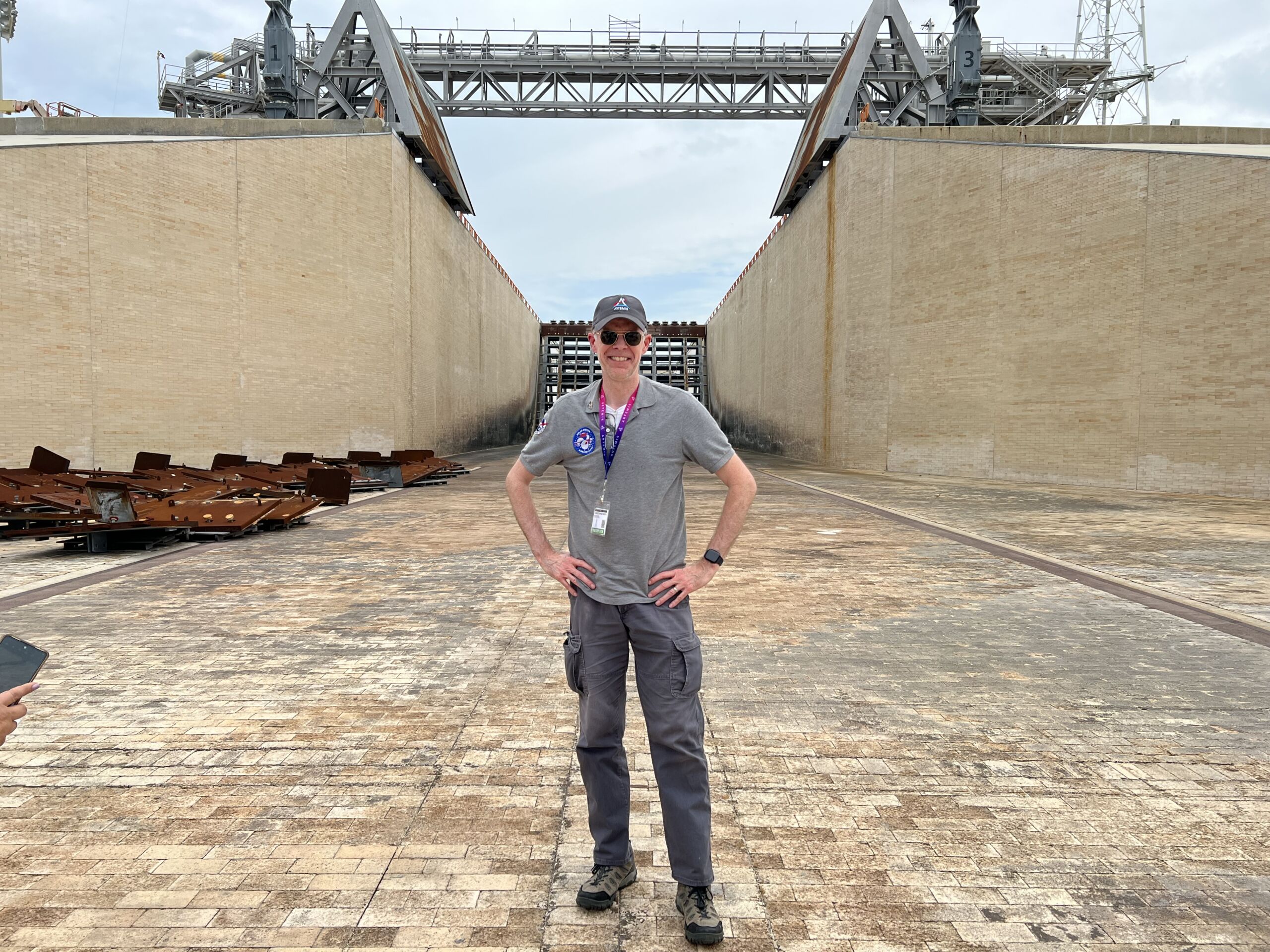

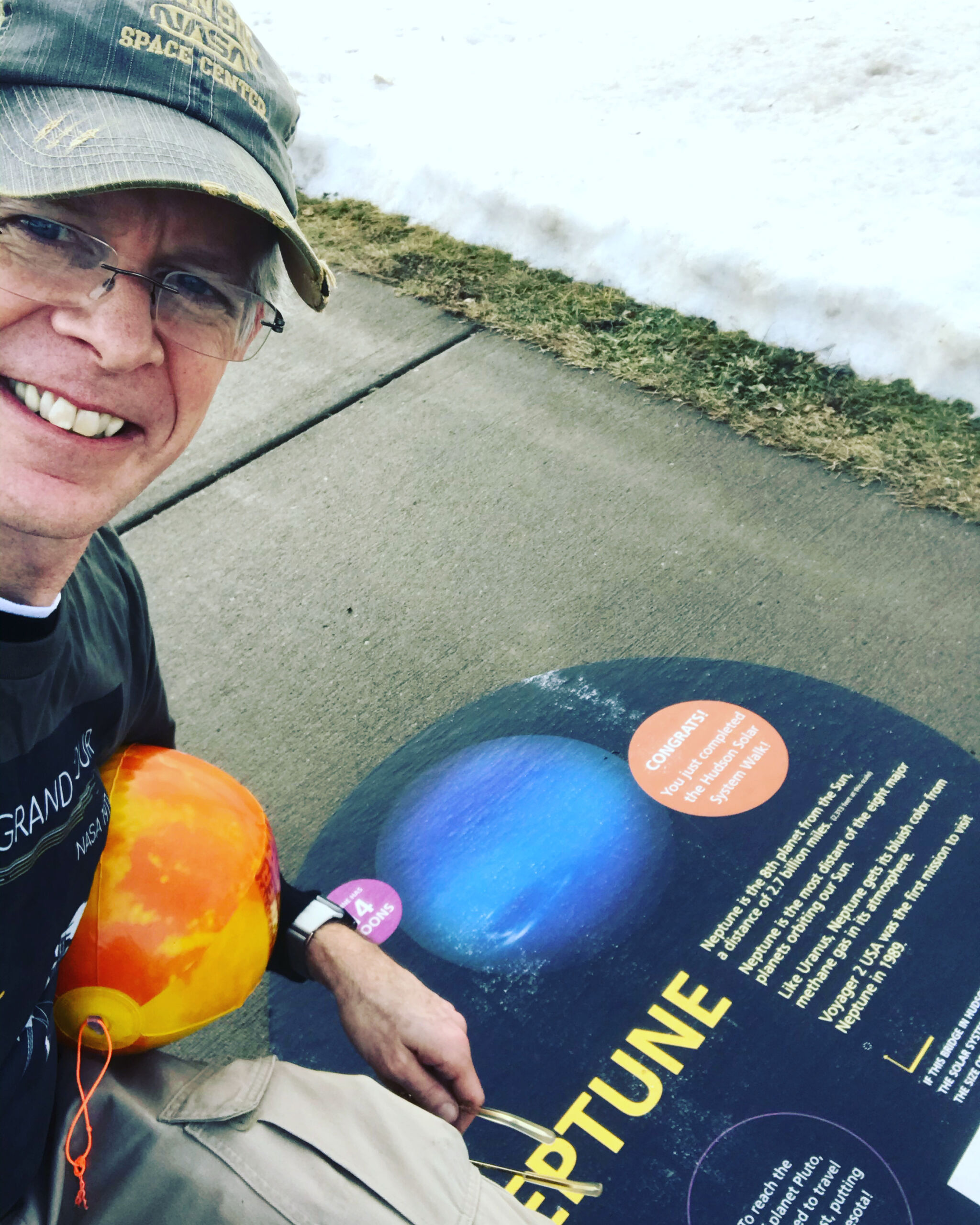
Fantastic use of the grant funds. Wonderful hands-on activities. Doing great work!